In a recent interview with Afrik-Foot.com, Basile Boli, former defender of Olympique de Marseille and current club ambassador, discussed various football topics.
During the conversation, the Franco-Ivorian shared his thoughts on Euro 2024, which he covers as a consultant in Germany, and reflected on the challenging season for Marseille and the recent African Cup of Nations triumph by his birth country, Ivory Coast.
Below is the full interview:
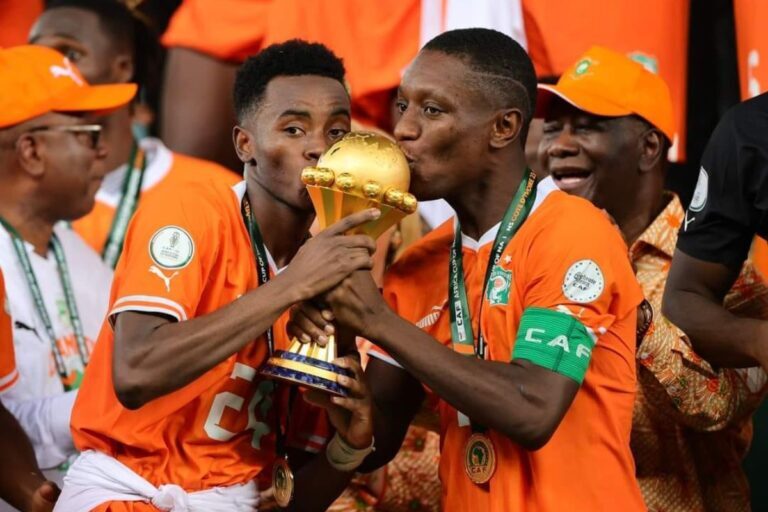
Basile Boli, the first day of Euro 2024 has concluded. How do you judge the first matches?
“There are some very strong teams. That’s the first observation. The favorites are there, France, Germany, Spain, England, and others. I like the quality of football I’ve seen so far, with plenty of goals and teams not shutting down. It’s promising for the rest of the competition.”
Who do you consider the favorite team?
“The usual suspects, I believe. France has shown great determination and spirit. Germany, with their technical prowess and young talents like Musiala and Wirtz, also look strong in a different way. Spain and England should also be contenders. England didn’t impress much in their first match, but they have the squad to go far. Sometimes teams build momentum during a tournament. It might be the case for England, who on paper could be the best team in the tournament.”
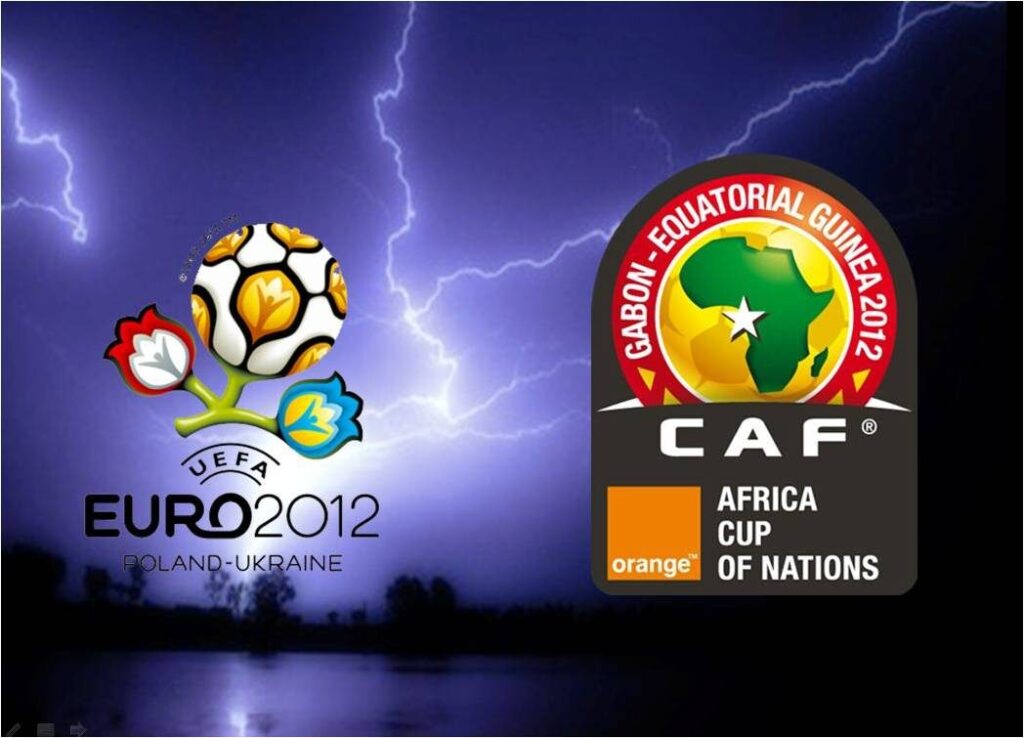
You played for France in Euro 1992. What’s the difference between that Euro and Euro 2024?
“Everything has changed since then. It’s a new era of football, now with 24 teams compared to our time with 8. Back then, goalkeepers could pick up back-passes, which isn’t allowed now. You can’t compare the two eras.”
Marseille had a strong African influence last season. Will you continue to recruit African players?
“African footballers have always represented Marseille proudly. The club has a special bond with Africa, mirroring its warmth, passion, and commitment. Players like Abedi Pelé, Didier Drogba, and others have made a significant impact. If we find talented young Africans, we won’t hesitate to sign them, aiming to qualify for the Champions League this season.”
You scored the winning goal in Marseille’s 1993 Champions League final victory. Since then, has Marseille regressed?
“I wouldn’t say regressed. We reached other finals after 1993 and also faced setbacks. Football can be unpredictable. For instance, the 1991 Marseille team, despite losing, was arguably stronger than the 1993 winning team. Football isn’t always about the best team winning.”
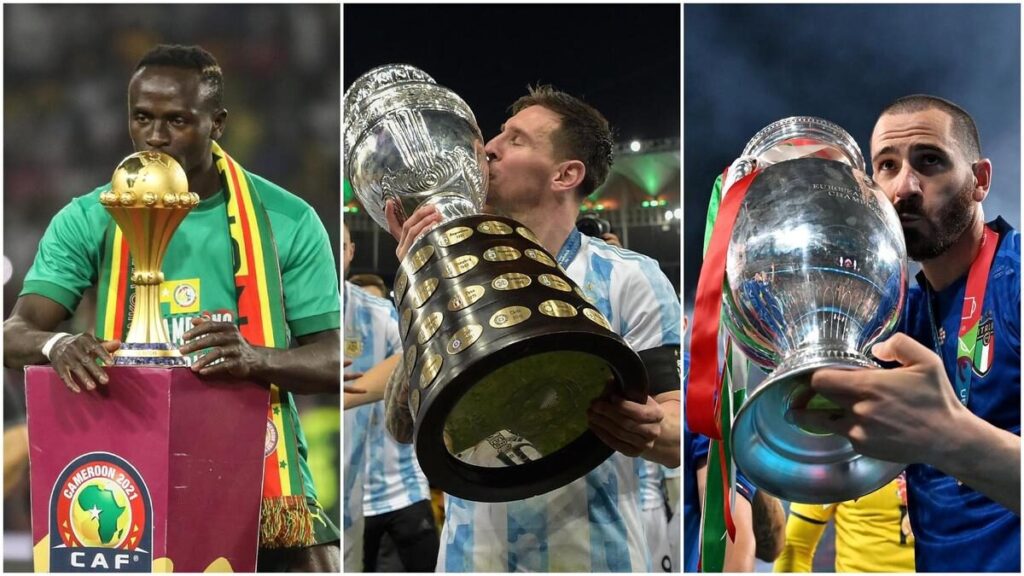
Regarding the new season, there were rumors about Sergio Conceiçao and Roberto De Zerbi potentially coaching Marseille. Is this true?
“Yes, the club considered both coaches. Nothing is finalized yet with either. They’re both excellent coaches with different styles that could suit Marseille’s mentality. Marseille values coaches with character who can inspire at the Vélodrome.”
What’s the hold-up in finalizing the deal? The TV rights issue?
“(Laughs) I heard Montpellier’s president mentioning financial struggles due to TV rights issues. It’s not stopping Marseille from appointing a new coach; negotiations are ongoing. However, resolving the TV rights situation is crucial for all clubs’ planning and recruitment.”
You followed the recent African Cup of Nations in your birth country, Ivory Coast. Can we compare the AFCON to the Euros?
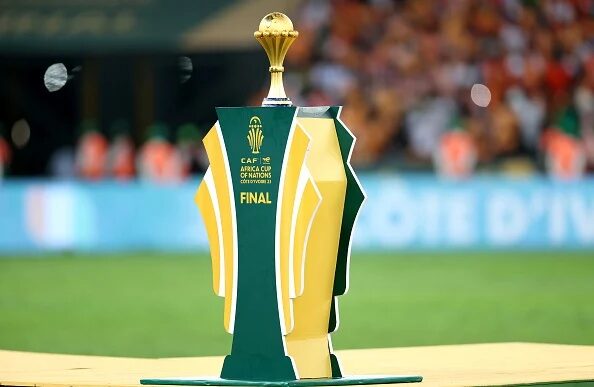
“We had an exceptional AFCON. I was in Abidjan, and it was something else. The atmosphere, the colors, the passion both inside and outside the stadiums—it’s a unique competition. The level of play has improved significantly. You can’t really compare the two; African football is more than just a game.”
“I had three teams to support—Senegal, Mali, and my own country Ivory Coast. I’m married to a Senegalese, so my family was divided when they faced off. When Ivory Coast eliminated both, I hoped they would go all the way. I was emotional, shedding tears like a child in the arms of Sébastien Haller. Football in Africa is truly something else!”
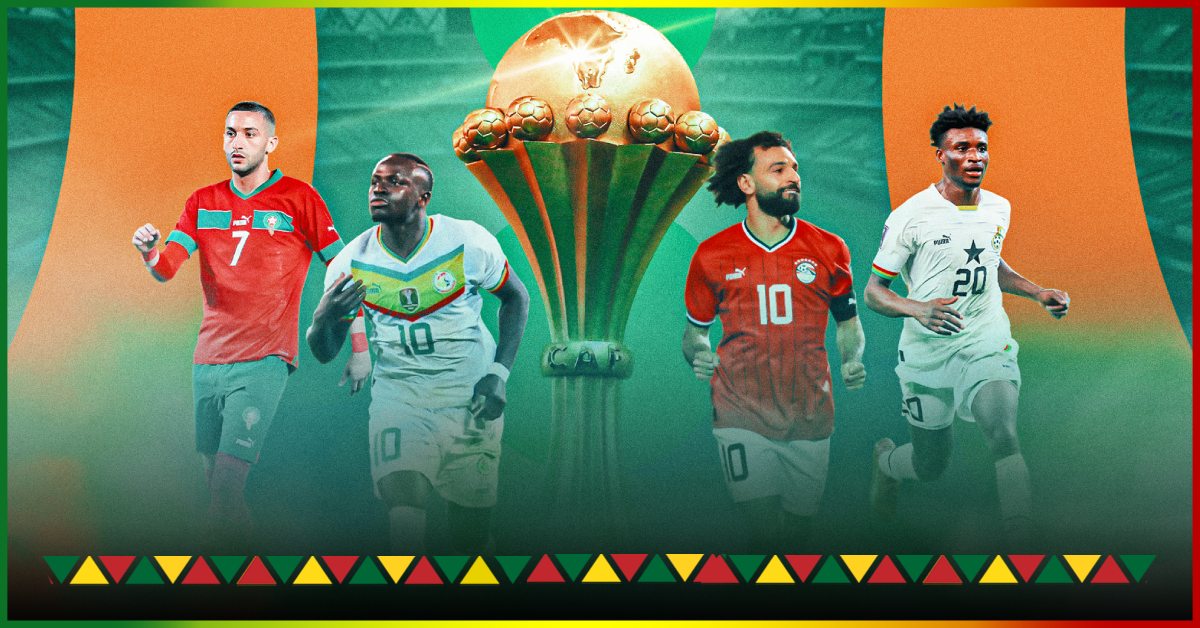
Leave a Reply